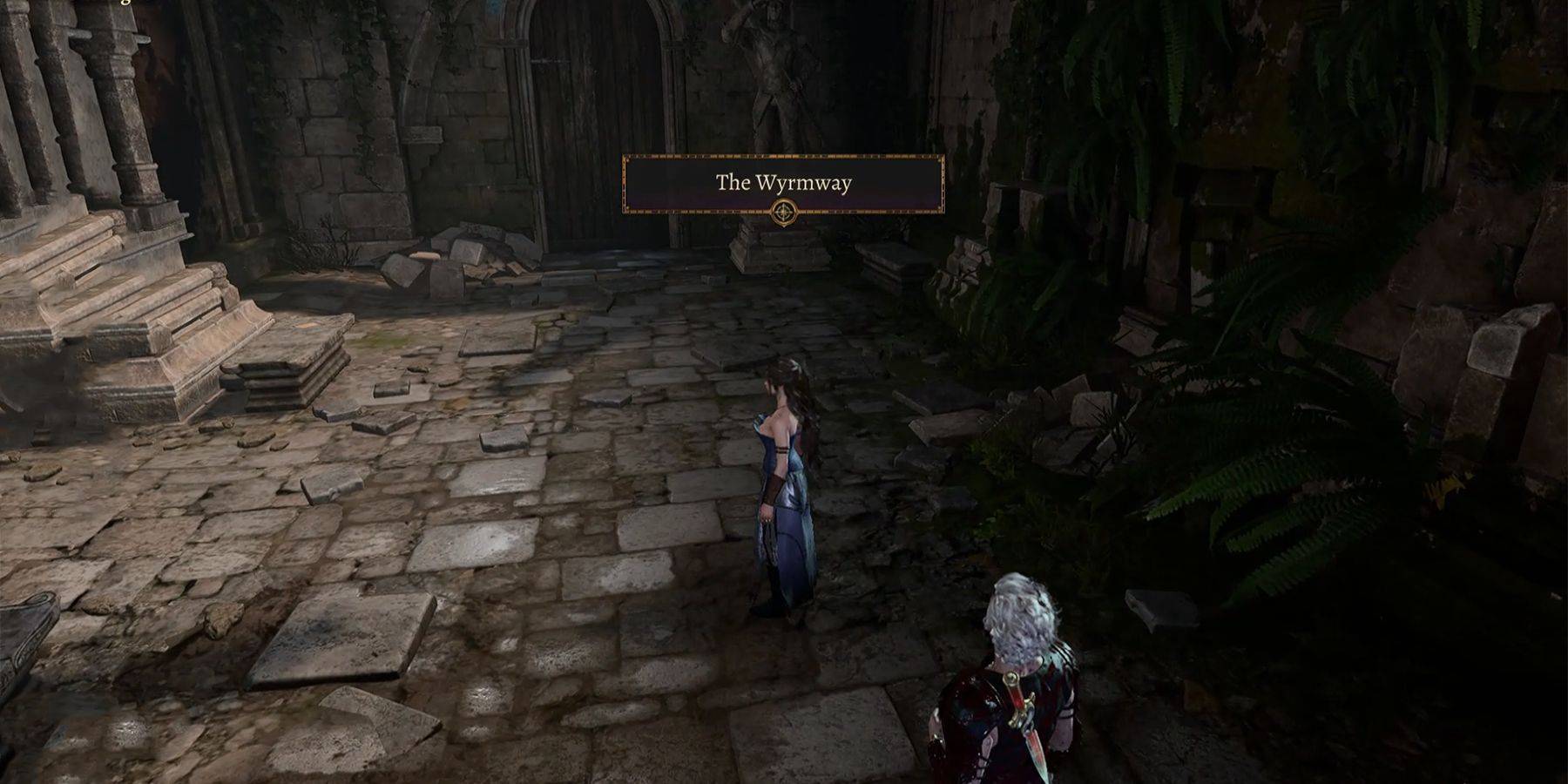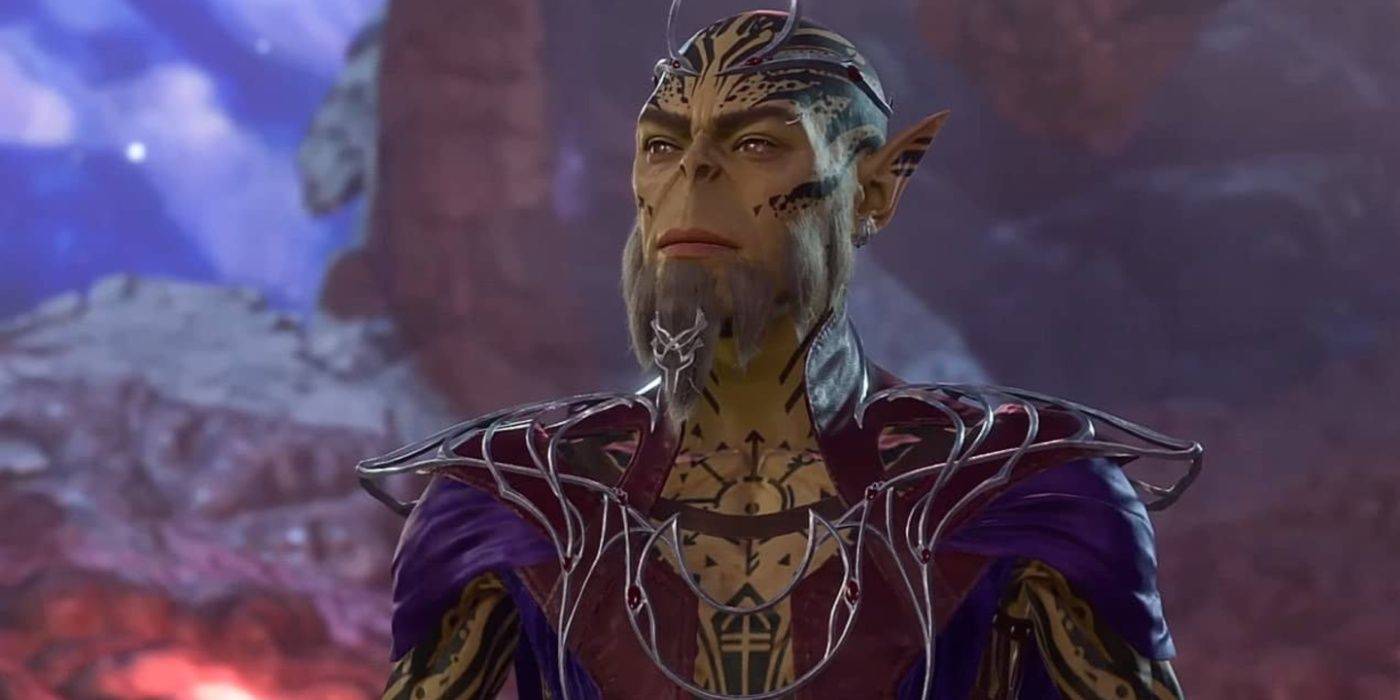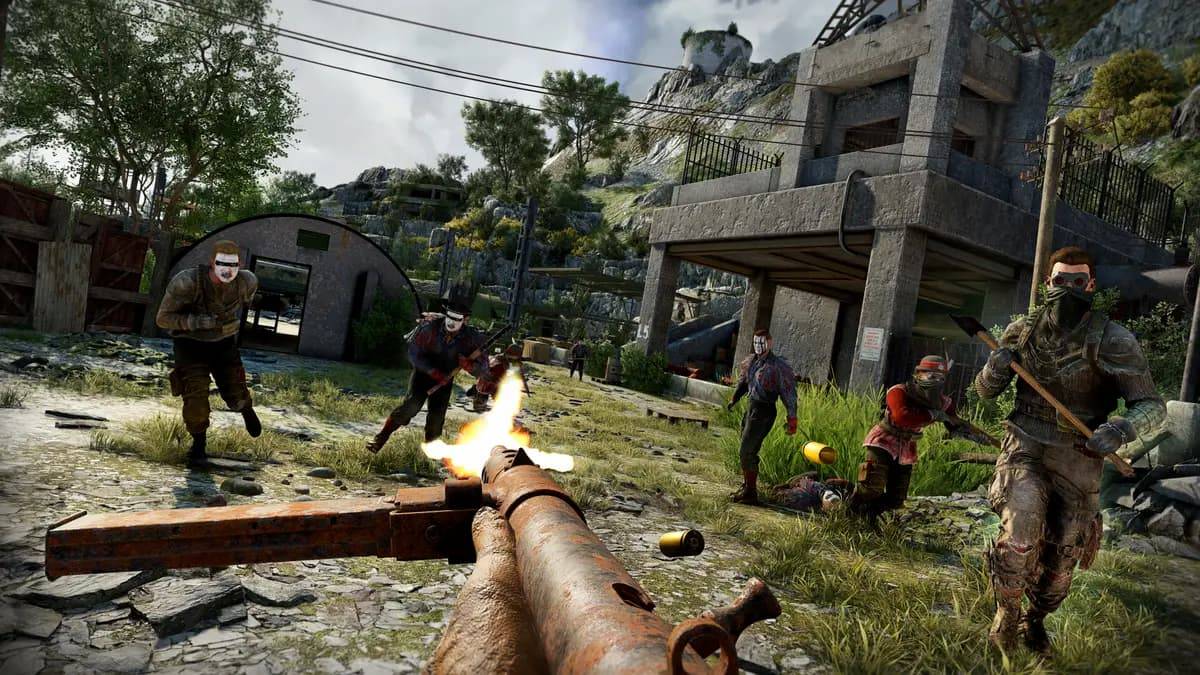In Baldur's Gate 3's climactic moment, players face a pivotal decision: free the imprisoned Githyanki Prince Orpheus or allow the Emperor to handle the situation. This choice, made after acquiring the Orphic Hammer, significantly impacts the game's outcome and the party's fate.

Updated February 29, 2024: This decision comes after defeating Ketheric Throm, Lord Enver Gortash, and Orin, requiring extensive exploration of Baldur's Gate's upper and lower districts. The consequences are profound; some companions might sacrifice themselves, necessitating high skill checks (potentially 30) to influence their choices.
Spoiler Warning: The following details the ending of Baldur's Gate 3.
Freeing Orpheus: This path risks party members becoming Mind Flayers, a direct counter to their initial goals. However, Orpheus joins the fight against the Netherbrain, potentially sacrificing himself to save others if prompted.

Siding with the Emperor: This leads to Orpheus's assimilation, granting the party an advantage against the Netherbrain but potentially alienating Lae'zel and Karlach due to the loss of Orpheus.
Moral Considerations: The "good" choice hinges on loyalty. Orpheus, as a rightful Githyanki ruler, opposes Vlaakith's tyranny. Siding with him appeals to those prioritizing Githyanki interests. The Emperor, while aiming to stop the Netherbrain and help the party, accepts potential sacrifices, possibly leading to party members becoming Mind Flayers.
Ultimately, the best choice depends on player preference and desired outcome. Multiple endings exist, offering various resolutions. The decision between saving Orpheus and trusting the Emperor presents a complex moral dilemma with significant consequences for the party and the world.































